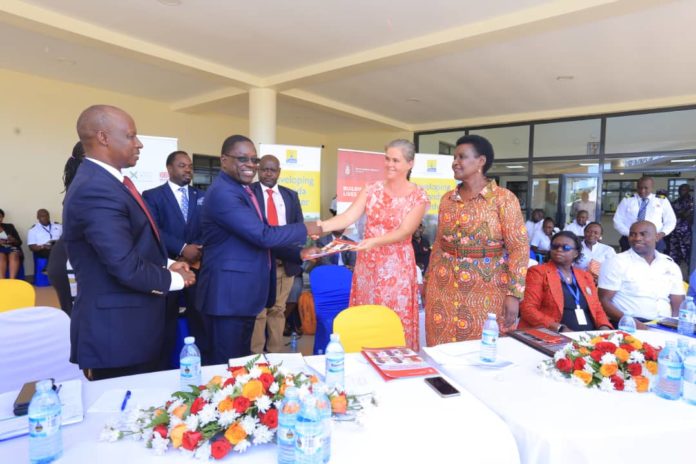Some panelists at the Stakeholders Dialogue on Continental Trade and Strengthening Implementation of the African Continental Free Trade Area (AfCFTA) have listed steps necessary for smooth takeoff of the Agreement. Speaking during the opening session of the dialogue on Monday in Ethiopia, the panelists were in agreement that it was not yet Uhuru for AfCFTA, despite successes already achieved. The stakeholders meeting was jointly organised by the African Union Commission (AUC) and the Coalition for Dialogue on Africa (CoDA). The News Agency of Nigeria reports that 22 countries have ratified the AfCFTA agreement, meeting the requirements needed for implementation. NAN also reports that Zimbabwe is ready to ratify the Agreement on Tuesday, to bring the number to 23. While Nigeria, Benin and Eritrea are yet to sign up to the AfCFTA agreement, 51 other countries have signed up. One of the panelists, the ECOWAS Permanent Representative to the African Union, Dr Nelson Magbagbeola, called attention to free movement of persons. He said there was need to borrow a leaf from the ECOWAS Trade Equalisation Scheme, adding that this was very critical to the efficiency of AfCFTA. Magbagbeola also pointed out that one of the fears of Nigeria, in withholding signing up to the agreement, is that most African countries do produce goods they lay claim to. “We know for a fact that some countries do not even have factories producing goods they claim are coming from them. “In most cases, what they merely do is to repackage finished goods. There...
Panelists chart path for smooth implementation of AfCFTA
Posted on: May 29, 2019
Posted on: May 29, 2019
















